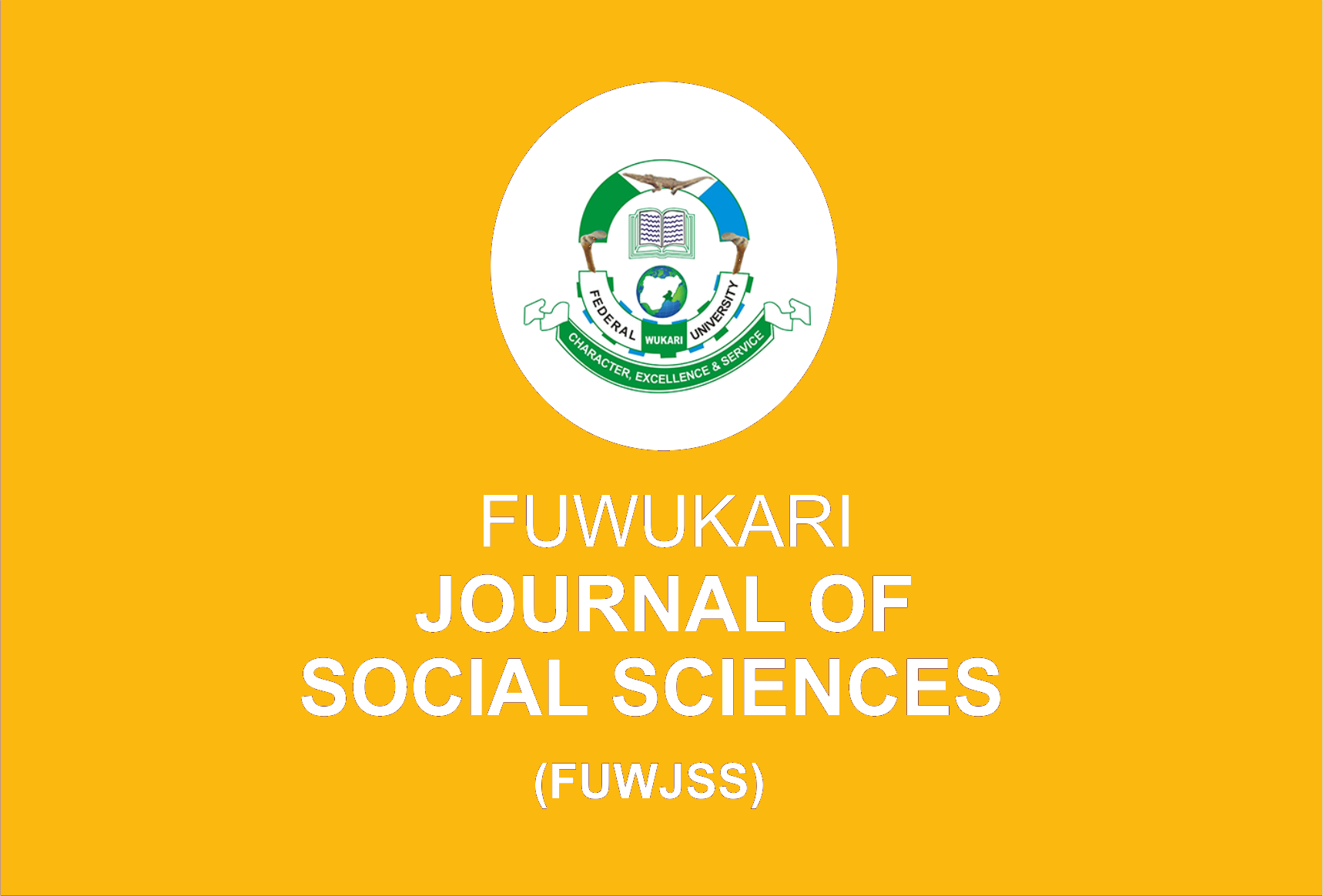Indigenous Climate Change Adaptation Strategies Among Farmers In Jos-south Local Government Area, Plateau State, Nigeria
Emmanuel Simi Mercy, Selzing Peter Musa, Ogbole Alexandra Simi, Wuyep Solomon Zitta
Keywords: Climate change, adaptation, credit, crop yield, farming
Abstract
Climate change is considered to be one of the most unprecedented environmental threats of modern history. Particularly, climate change has devastating effects on crops and other farming activities. In order to minimize losses, adaptation measures are taken to prepare for inevitable challenges that come with changing weather patterns. The study adopted mixed research methods, consisting of a structured questionnaire administered to 120 respondents and key informant interviews with two participants selected from six districts of Jos-South Local Government Area, Plateau State, Nigeria. The collected data were analyzed using simple descriptive, graph, inferential, and Linkert scales. Results showed that farmers in Jos-South Local Government Area have distorted knowledge of climate change and this information is acquired through radio, television, and personal experience. The study also revealed an increase in temperature and the spread of pests, diseases, and weeds on farmlands, which led to a decrease in agricultural output. Farmers use fertilizers and other indigenous strategies to improve and increase crop yields, plant varieties of crops, adopt new farming techniques, and practice mixed farming and irrigation as adaptation strategies. The study concludes that there is an urgent need for the government to build farmers’ capacity for modern farming techniques. The study recommends the provision of necessary resources such as credit facilities, climate information, and training, and the introduction of drought-resistant crop varieties as well as technologies to help farmers adapt to changes in climatic conditions.
Author Biography
Emmanuel Simi Mercy, Ogbole Alexandra Simi, Wuyep Solomon Zitta
Department of Geography, Plateau State University, Bokkos, Plateau State, Nigeria
Corresponding author: [email protected]
Selzing Peter Musa
Montane Forest Research Station Jos, Plateau State Forestry Research Institute of Nigeria (FRIN)

